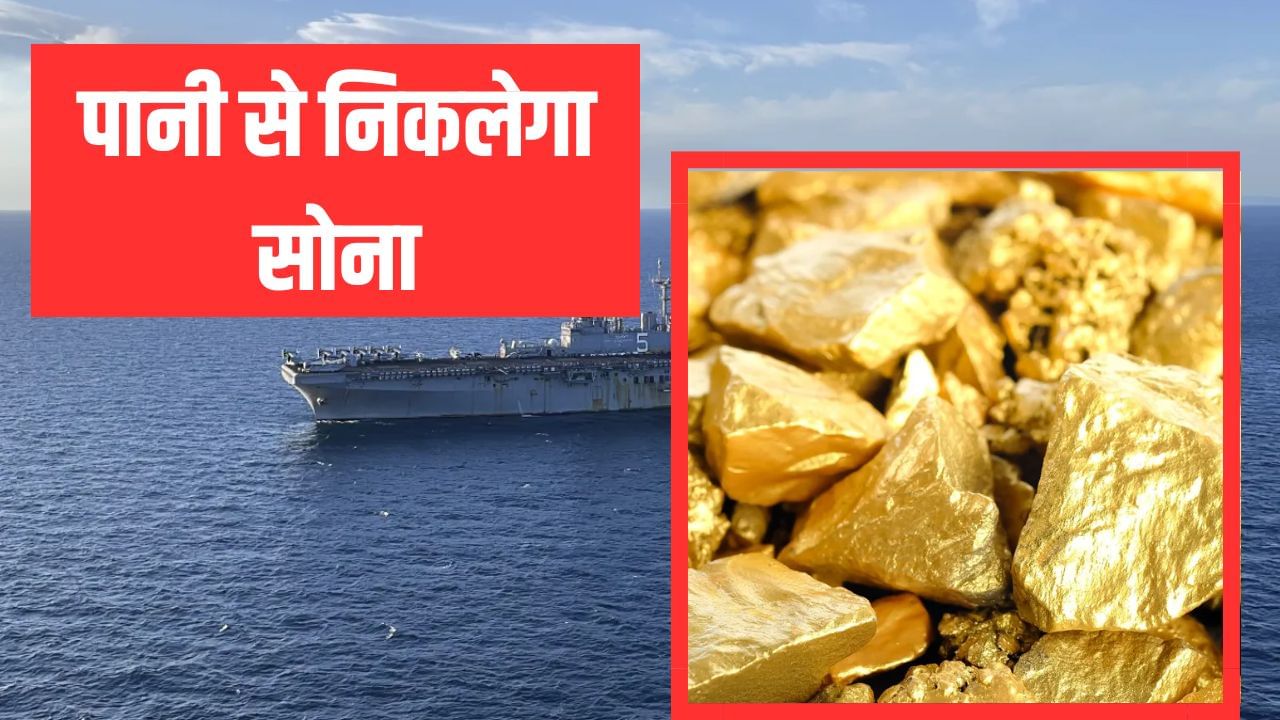Copper, zinc, gold and silver will be extracted.
India has signed a 15 -year agreement with the International Cabed Authority (ISA), under which it will get special rights for the discovery of polymetical sulfides in the Indian Ocean. These polymetalic sulfides are formed around hydrothermal vents in the depth of the sea and contain metals like copper, zinc, gold and silver. These metals are very important for clean energy technology, electronics and other high-tech devices.
India is the first country to have two ISA agreements. In the first agreement, it was allowed to discover in Central and Southwest Indian Rejues. Now India has the largest search area allocated by ISA. India is also trying to get a license for mineral search in the Pacific Ocean. Science and Technology Minister Jitendra Singh said that these agreements will strengthen India’s maritime and mineral search capabilities.
Why is blue economy necessary?
Minister Dr. Jitendra Singh said that the path of the developed India is dreaming, the path of the blue economy will pass through the blue economy. Blue Economy will be the new basis for India’s development journey. Today India has an 11 thousand kilometer long coastal area and an exclusive economic zone of two and a half million square kilometers. In addition to the discovery of polymetical sulfides, India is also focusing on fisheries, ports, shipping and marine biotechnology.
Government initiative
The government is insisting on strengthening the blue economy and many important steps have been taken for this. The ports are being modernized through the Sagarmala program so that business can become more competitive. The Pradhan Mantri Matsya Sampada Yojana is laying the foundation of blue revolution by bringing major changes in the fish farming sector. The purpose of Green Sea Guidelines is to make the ports environmentally friendly and move towards zero carbon emissions. Similarly, a submarine called Matsya 6000 has been prepared for the discovery of deep sea under Mission Ocean.
